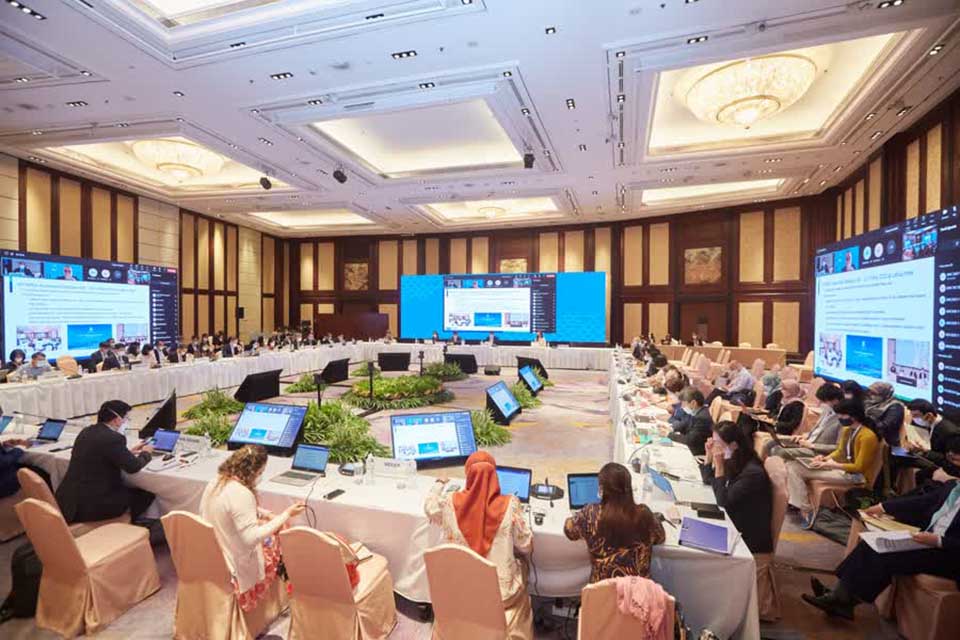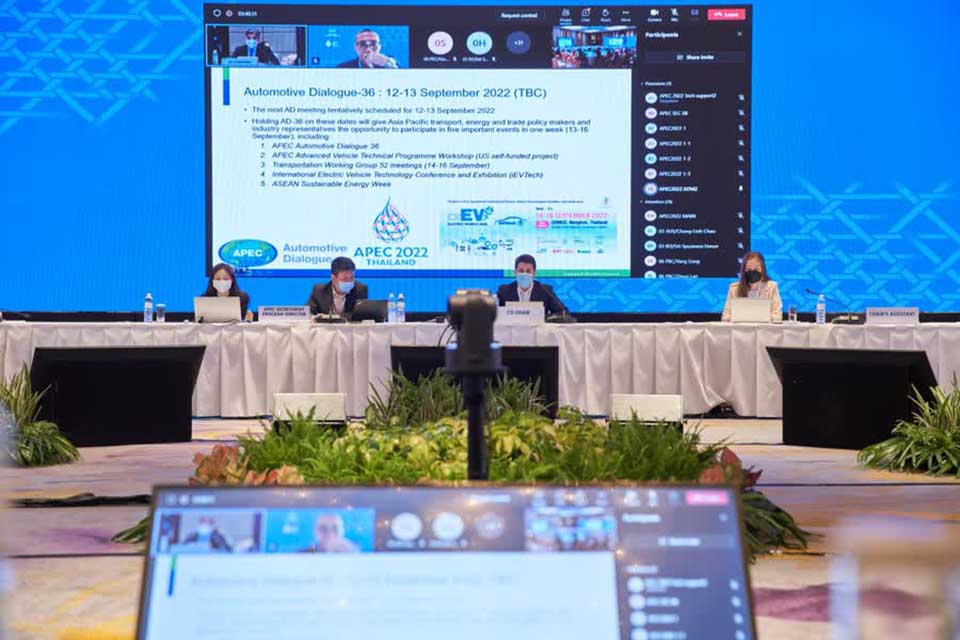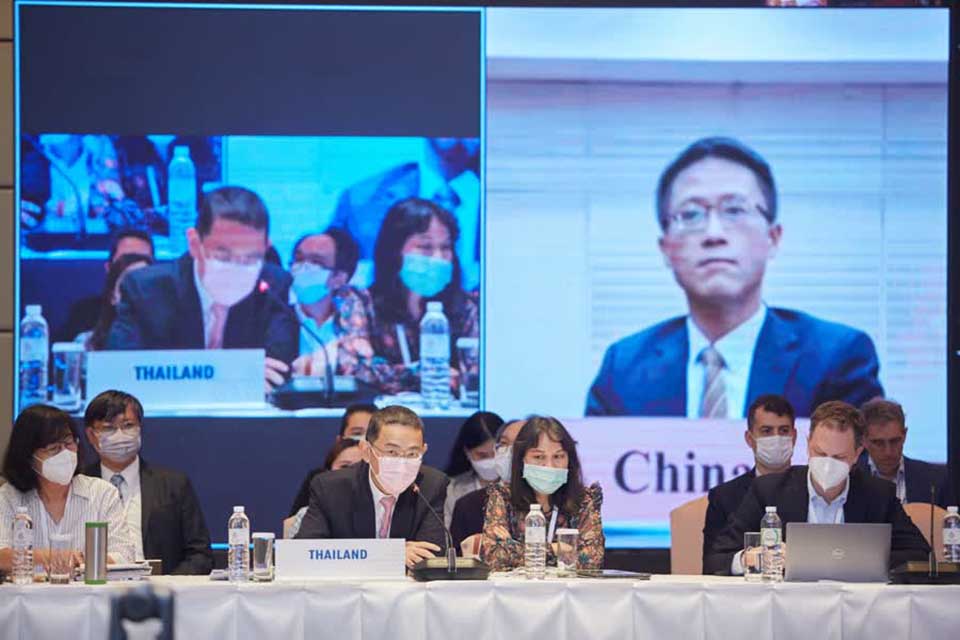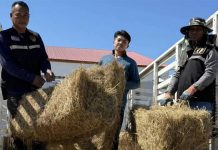
With free and open trade and investment as APEC’s core interest and robust return to growth after COVID-19 high on its agenda, the Second APEC Senior Officials’ Meeting (SOM2) and related meetings have entered into its second week with the Committee on Trade and Investment (CTI) Meeting taking place on 15-16 May 2022. CTI continues to drive forward Thailand’s host year priority to “Open to All Trade and Investment Opportunities” and paves the way for the Ministers Responsible for Trade (MRT) Meeting on 21-22 May 2022, in the lead up to the upcoming Twelfth WTO Ministerial Conference (MC12).
The CTI’s main objectives are to create a coherent APEC perspective and voice on global trade and investment issues and increase cooperation among members on key issues. Given such objectives, the CTI is tasked to pursue opportunities to liberalize and expand trade, facilitate a more open environment for investment and develop initiatives to improve the flow of goods, services, capital, and technology within the region.
During SOM2, the CTI meeting focuses on 4 priority areas that contribute to the overall APEC 2022 priorities namely (1) Support for the Multilateral Trading System: the CTI is looking into the call from APEC business leaders for Ministers to work together to shape an MC12 outcome that supports the rules-based multilateral trading system capable of addressing impacts from the pandemic and fostering a robust return to growth, while also effectively responding to evolving business needs; (2) Deeping Economic Integration in the Region: In addition to the key discussion on the refreshed Free Trade Area of the Asia-Pacific (FTAAP) agenda in the post-COVID-19 context, the CTI will be updated on important development of other free trade agreements in the region including the Regional Economic Comprehensive Agreement (RCEP), the Comprehensive and Progressive Agreement for Trans-Pacific Partnership (CPTPP) as well as the Digital Economy Partnership Agreement (DEPA); (3) Trade Facilitation, Connectivity, Digitalization and Innovation; and (4) Inclusion and Sustainability.

As part of APEC’s continued efforts to accelerate post-pandemic recovery and strengthen supply chain resilience, the CTI has also endorsed the Best Practices Guidelines on Customs Control for COVID-19 Related Goods to assist APEC Customs authorities against illicit COVID-19 related goods, as well as APEC’s definition of logistics-related services to facilitate cross-border movement of vaccines and medical supplies in the region.
The FTAAP agenda is high on Thailand’s priority in the CTI meetings. Having laid a groundwork discussion at SOM1, Thailand aims to propose to the MRT to task APEC’s relevant body to develop a multi-year work plan for APEC to continue undertaking the FTAAP dialogue and capacity building program necessary for taking the FTAAP agenda forward. This, if successful, will constitute the first key deliverable achieved under Thailand’s APEC host year. In addition to the FTAAP conversation, Thailand also attaches great importance to promoting business’ uptake of the Bio-Circular-Green (BCG) Economy concept for more sustainable business practices. The APEC BCG Symposium 2022 will be organized on 20 May 2022 to facilitate sharing of best practices for green and innovative MSMEs as well as policy recommendations for incentivizing the private sector’s adoption of the BCG and building networks between the region’s stakeholders.
Bringing new momentum to the FTAAP agenda the post-COVID-19 and beyond is an important and timely exercise for APEC to reassess and develop a framework for high quality free trade agreements in the region that can address emerging issues and deliver benefits for all. Moreover, Thailand will benefit from capacity building programs that aim to equip member economies with the necessary preparation for taking the FTAAP agenda forward. (NNT)

 |
 |
 |





